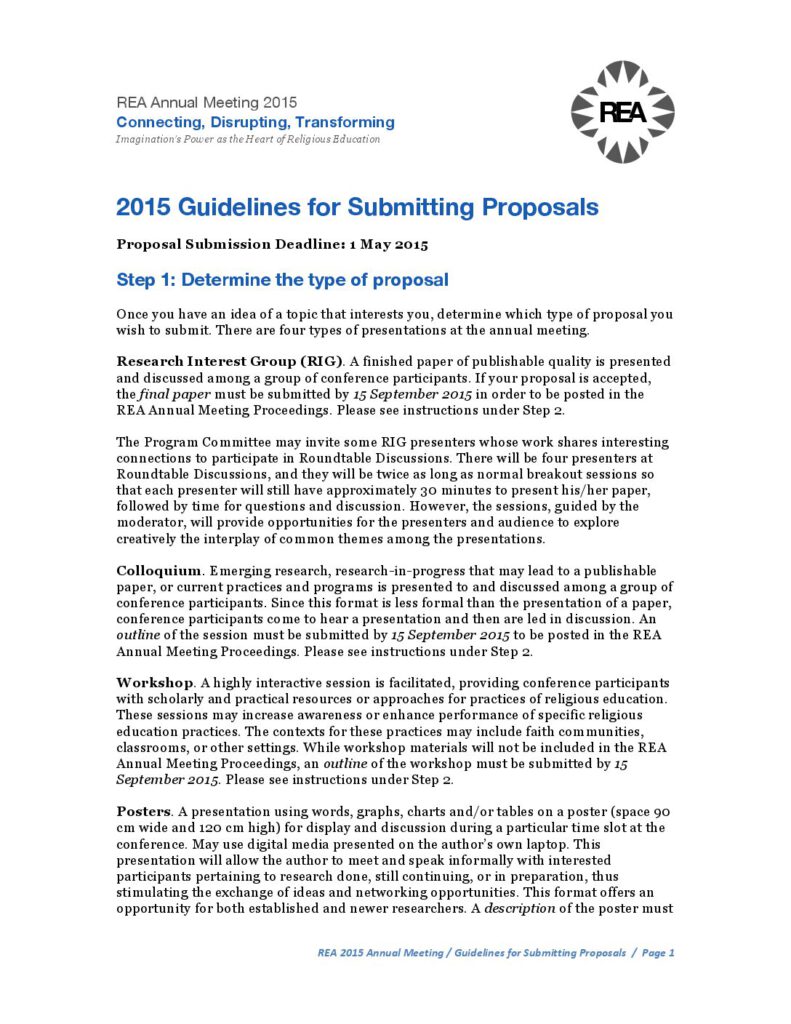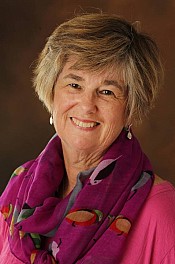I went to PSCE to work on a graduate degree in religious education immediately after college. Having majored in Bible at Rhodes College and taken a course in the history of the field I went with the goal of studying with Dr. Sarah Little. I can remember sitting in class watching her teach and my heart and soul were captured. It was her style of seamless movement between lecture and dialogue and the way that she invited learners into the conversation. I did not finish that degree which I later regretted but I did start working as a religious educator with a Presbyterian church in Memphis. After three years of primary focus on ministry with children and youth I worked for 11 years as an educational consultant with three Presbyterian churches in the northwest part of Alabama. It was there where I was really formed as a religious educator. I found my passion and call as I taught and supported church school teachers, as I worked with minister colleagues in training church officers. Along the way old binaries fell away as I experienced the integration in me of teacher, liturgist, pastoral care giver. The job of religious educator kept getting bigger and I loved my ministry. No week was ever the same.
As a local church educator, I participated in denominational and ecumenical educational events. The writings of Jack Seymour, Sarah Little, Maria Harris, Charles Foster, and Thomas Groome were formative as I began to develop my own voice as I moved into a faculty position at McCormick Theological Seminary where I taught for 30 years. It became clear during the interview process that McCormick was looking for a person who had congregational experience. Dr. Robert Worley, a member of the search committee who had studied with Hulda Niebuhr, believed that what seminary students needed was someone who could integrate theory and practice. Having a chance to study with Rosemary Reuther and Rosemary Keller in my doctoral program at G-ETS and Northwestern University in their PhD program helped me claim my voice as a feminist religious educator. The mentoring of Will Kennedy and Jack Seymour in APRRE meetings invited and supported my voice as a scholar and teacher.
As I reflect on my body of work. I think the focus on the spiritual formation of children and youth in families grew out of my early formative experiences in religious education. My passion for teaching and particularly my interest in art and creativity are a part of my DNA, nurtured by my mother and father. Maria Harris freed me to be bold in teaching a course called god, faith and art, where my job as teacher is less one of didactic instruction and more the role of being a midwife of creativity. I focused a lot of my undergrad on biblical studies. I have always loved engaging biblical text whether in teaching or preaching. I was formed at McCormick by having the chance to teach a methods course with my New Testament colleague, Sarah Tanzer , and a course on reading the bible with children with my Old T colleague Ted Hiebert. Those opportunities have provided wonderful times to consider how good biblical scholarship can be used with children and youth in ways that they don’t have to unlearn things later. This has been the last passion that has emerged in the last five years. So the church, leaders in religious education, and colleagues with whom I taught have been invaluable in my formation.

